What is ideology in North Korea? It is, as the author Hyung Gu Lynn wrote, a monumental illusion characterized by a great ideological and political utility and coherence. An illusion that it is as much metaphysical as it is real in affecting politics and life in North Korea. Ideology is, above all, a tool of societal control that legitimizes the regime, controls information, and mobilizes the masses. It is the most pervasive social feature of North Korean society, and it plays a role in channelling human behaviour in all the areas of public and private life.
During the Cold War period, when ideological fervour was at its highest, ideology served individuals as a way to map society and conceptualize socio-political interactions. Ideological belief also functioned as an ancillary currency that was used, within certain limits, to rise on the social ladder or gain more benefits from the state. However, North Korea has changed. After the crisis of the nineties, when the Public Distribution System (PDS) stopped feeding its citizens, ideological belief depreciated to the point where it became utterly useless and was abandoned in favour of a less depreciated monetary currency. Since then, the power of ideology as a means to retain societal control is eroding.
In the Korea of Kim Jong-un, the vast majority of people have to rely on market-oriented jobs to fulfil their basic material needs and experience social mobility. Therefore, many North Koreans have to cope with the fact that the State’s ideology is currently less essential than they were told in the past. Yet, ideology still matters, even if its scope has been scaled down by the dynamics of marketization of the economy. Ideology today serves as an institution that provides a set of norms and rules to supplement the lack of rule of law. To some extent, it functions as a social fabric that provides predictable guidelines and boundaries to human interactions. In addition, ideology in North Korea also serves a psychological purpose of defining a cognitive framework that explains life and the role of the individual in society. It indeed supplants the lack of a liberal education and freedom of belief by providing “ready-to-use” normative judgments on philosophical questions.
If North Korean ideology is so resilient and effective, it is not because citizens are indoctrinated, but rather because it is still useful for individuals as a pro forma social structure that helps to maintain predictable norms and rules in society. Likewise, it is resilient because for the average North Korean it remains the most useful and accessible cognitive framework for understanding the world. In addition, the Juche ideology, which stands at the core of the North Korean ideological framework, is meant to be totalitarian and holistic, in a way that makes it extremely pervasive.
Holism is particularly effective in providing the citizens a cognitive framework in which personal happiness and fulfilment are always subordinate to the function of society. As are most of the totalitarian ideologies, Juche is meant to be organicistic, manichaeistic, and eschatological.
Organicism implies that a society goes beyond the sum of individuals. Society is therefore a spate body, controlled by a brain (the Great Leader), nerves (the party) and all the other organs and bones (the people). As Kim Jong-Il wrote in the book On the Juche Idea, man is a social being with Chajusong, creativity and consciousness, which he uses to shape the word. However, he can only master the world if he is conscious of his independence and creativity. Then, if independent, he can socialize and develop consciousness of the masses into revolution. Yet, and here lies the trick, revolution for independence can only be achieved with “boundless loyalty to the party and the leader,” who embodies the Juche idea. In other words, an individual has to be completely one with the community and, just like a cell would in a body, work for the society under the guidance of the brain.
Consequentially, any external element to the society, either in form of individuals or information, is considered as a threat to the whole, unless it is assimilated and internalized. Moreover, Juche is particularly pervasive because of its eschatological nature, which, as Lynn wrote in the book Bipolar Orders, means that it “infuses the present, but at the same time it anticipates or promises a future, a pledge of the fulfilment of the already begun but not yet completed realization of all the precepts of Kimilsungism.”
To conclude, it can be asserted that ideology in North Korea continues to play a major role because at a social level it is the de facto institution, while at the individual level it remains a rather convincing holistic ideological system that provides normative answers to fundamental philosophical inquiries.
By Cesare Scartozzi
- NOVAsia Is Hiring: Call For Applications and Contributors for Spring 2025! - February 26, 2025
- NOVAsia Is Hiring: Call For Applications and Contributors for Fall 2024! - August 20, 2024
- NOVAsia Is Hiring: Call For Applications and Contributors! - February 19, 2024

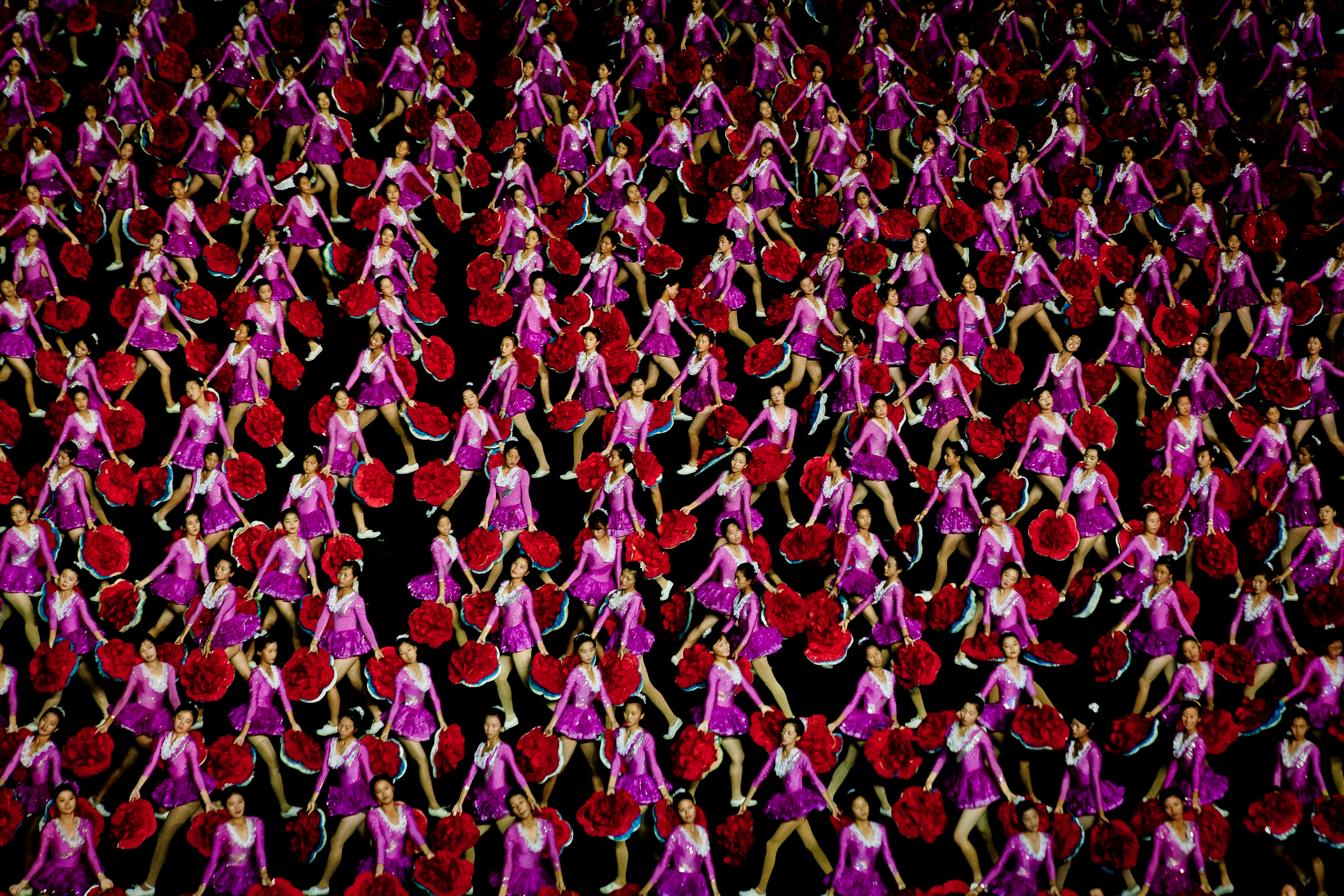
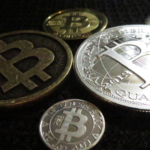
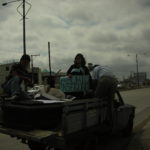
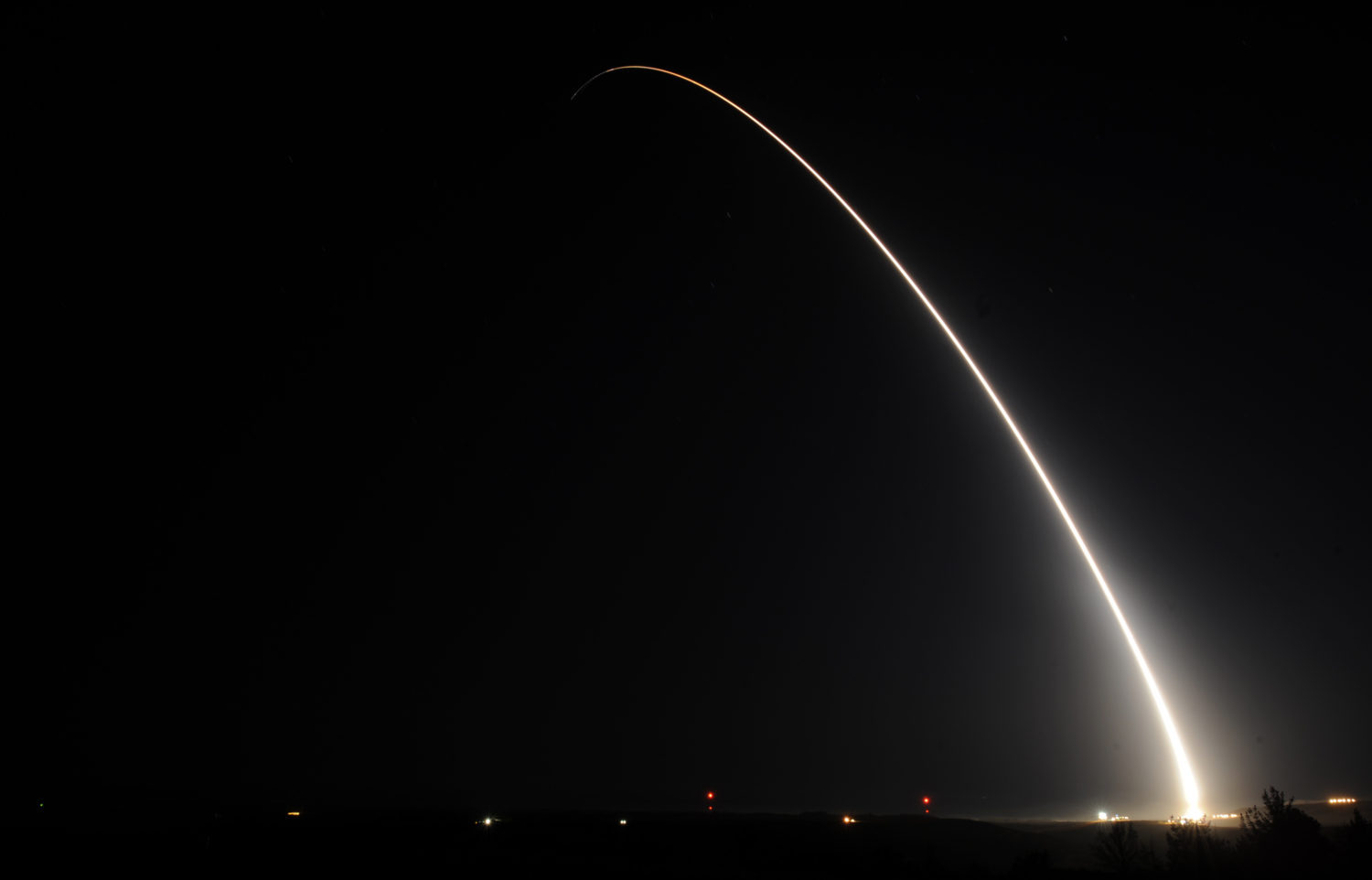
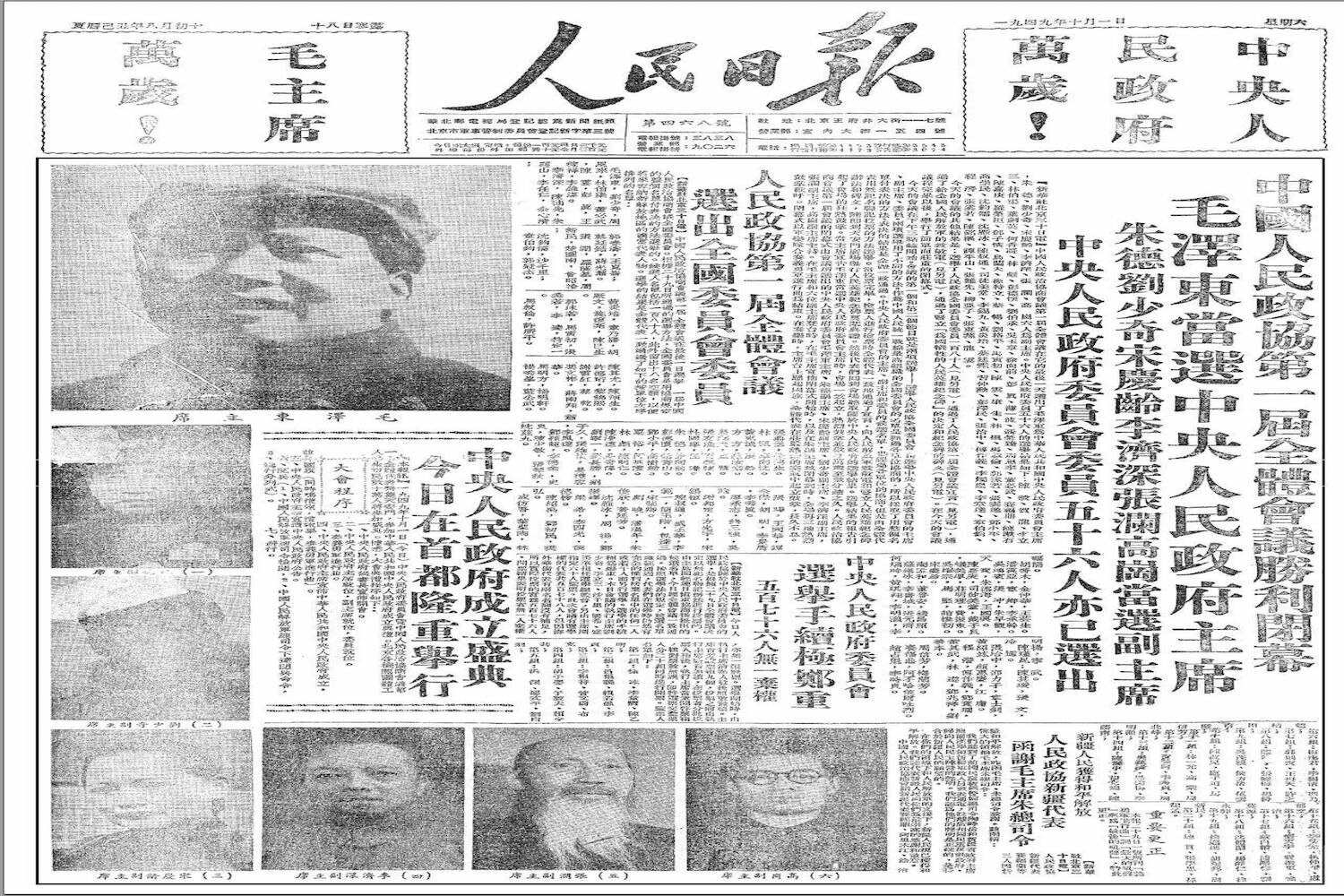
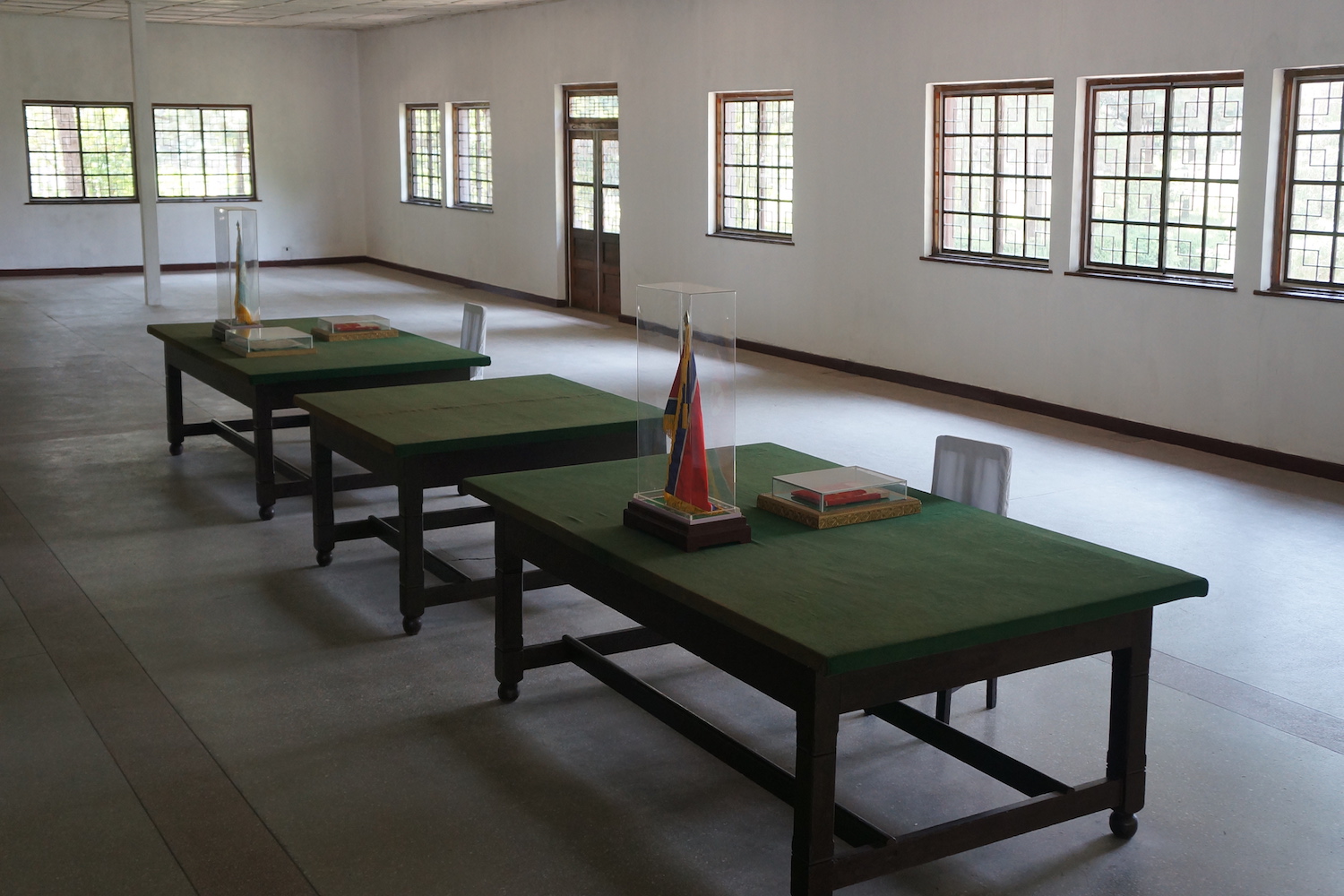
1 Comment
Spectrum of Authority and Power through Surveillance: Observing Human Behaviour – ema cunha
7 years ago[…] C. (2015) The role of Ideology in North Korea. Available at: https://novasiagsis.com/the-role-of-ideology-in-north-korea/ (Accessed: 9 April […]
Comments are closed.